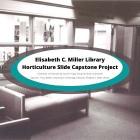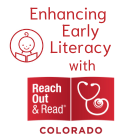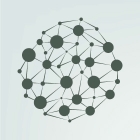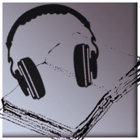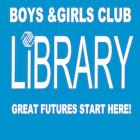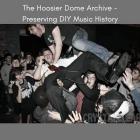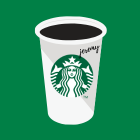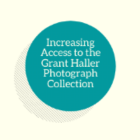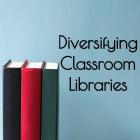
Diversifying Classroom Libraries: Implementing a rotating classroom library in a public elementary school
The problem our project is trying to solve is that our Sponsor organization, a PreK-8 school, is unable to provide adequate library time to the students in grades PreK-3 due to a lack of resources. We created a diverse classroom library that rotates between the PreK-3 classrooms. Our goal is to support their literacy growth by increasing their access to high quality and appealing books. The books focus on diversity and inclusion acting as windows, mirrors, and doors. We also provided the school with resources that will assist them in continuing the work of adding diverse books into their library.

